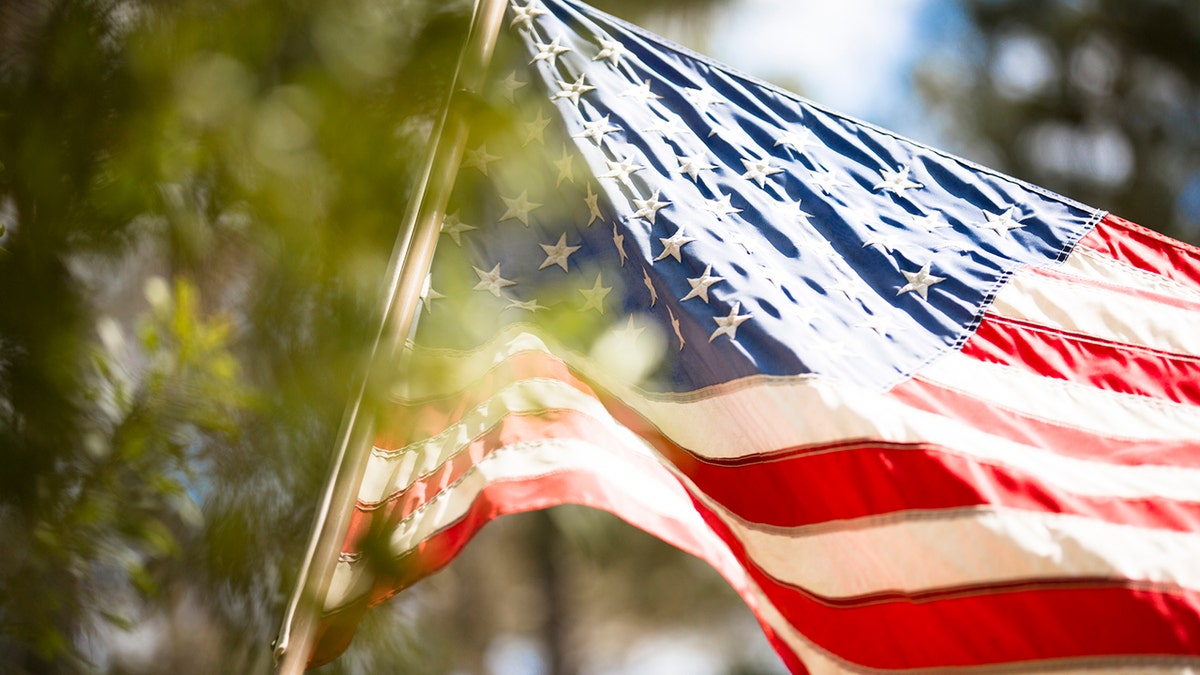
(istock)
As Thanksgiving approaches, we all naturally focus on those things for which we are most grateful. For many of us, it’s family. While my wife Dee and I are both busy and comfortable in retirement, we miss our children who no longer live at home. Everyone is healthy (including our six grandkids) and either has a good job, is caring for their family or in school (two are in college). Most will make it to our home in Tennessee for the holiday this year, which is cause for thanks.
While many countries have similar holidays, Thanksgiving is unique to America and a product of our American experience. As most school children know, the Pilgrims first celebrated Thanksgiving in 1621 in appreciation for their initial harvest in the New World. That celebration lasted three days and more Native Americans than Pilgrims participated. In 1863, President Lincoln declared Thanksgiving a national holiday proclaiming it a day of "Thanksgiving and Praise to our beneficent Father who dwelleth in the Heavens."
That Lincoln could ask the nation to stop and give thanks in the midst of our horrifically brutal Civil War was a testament to his character, faith and incredible strength. That same year, on the battlefield of Gettysburg, Lincoln would question whether a nation, “conceived in liberty and dedicated to the proposition that all men are created equal,” could “long endure.” He would also call upon Americans to be “highly resolved” so “that government of the people, by the people, for the people shall not perish from the earth.”
Americans were so resolved. Ever since, both those who came to America from across the globe and those of us blessed enough to have been born here have had ample reason to give thanks. We live in a nation founded on a promise that you will have the opportunity to pursue your dreams in America.
My grandfather believed in the American Dream and took advantage of that promise. He grew up impoverished in the Austro-Hungarian Empire just before WWI where a ruling class of aristocrats controlled all economic benefits. For him, there was no realistic path to a life other than a serf working someone else’s land, a fate his family had known for generations. But there was a nation where such a path might exist. As a teenager, he left his home and family and came to America.
I never met my grandfather. He died on the eve of World War II having fulfilled his dream of owning his own home and having his children get an education. These may seem like small dreams by today’s standards, but they were huge dreams at the time. My father saw combat in World War II, defending the nation his father had chosen, and returned to raise a working-class family of his own.
In turn, I would start my career working minimum wage jobs, eventually becoming a lawyer and the CEO of an international restaurant corporation. But for the opportunities America offered, which drew my grandfather like a magnet to leave his home and his family for a better life while still a teenager, I might well be a bald and toothless farmer sitting on someone else’s porch in Slovakia today. Our family’s story is not unique. Millions of immigrants faced with a dismal future have taken advantage of America’s promise.
This Thanksgiving when our nation is so sorely divided, seems like an appropriate time to give thanks for the opportunities we have been afforded. There has never been a nation or an economic system that offered millions of people like my grandfather a realistic chance to make a better life. This Thanksgiving, as I give thanks for my family, I’ll also be thankful for my grandfather’s courage and the opportunities he bequeathed to his family because of the nation that he chose.








































